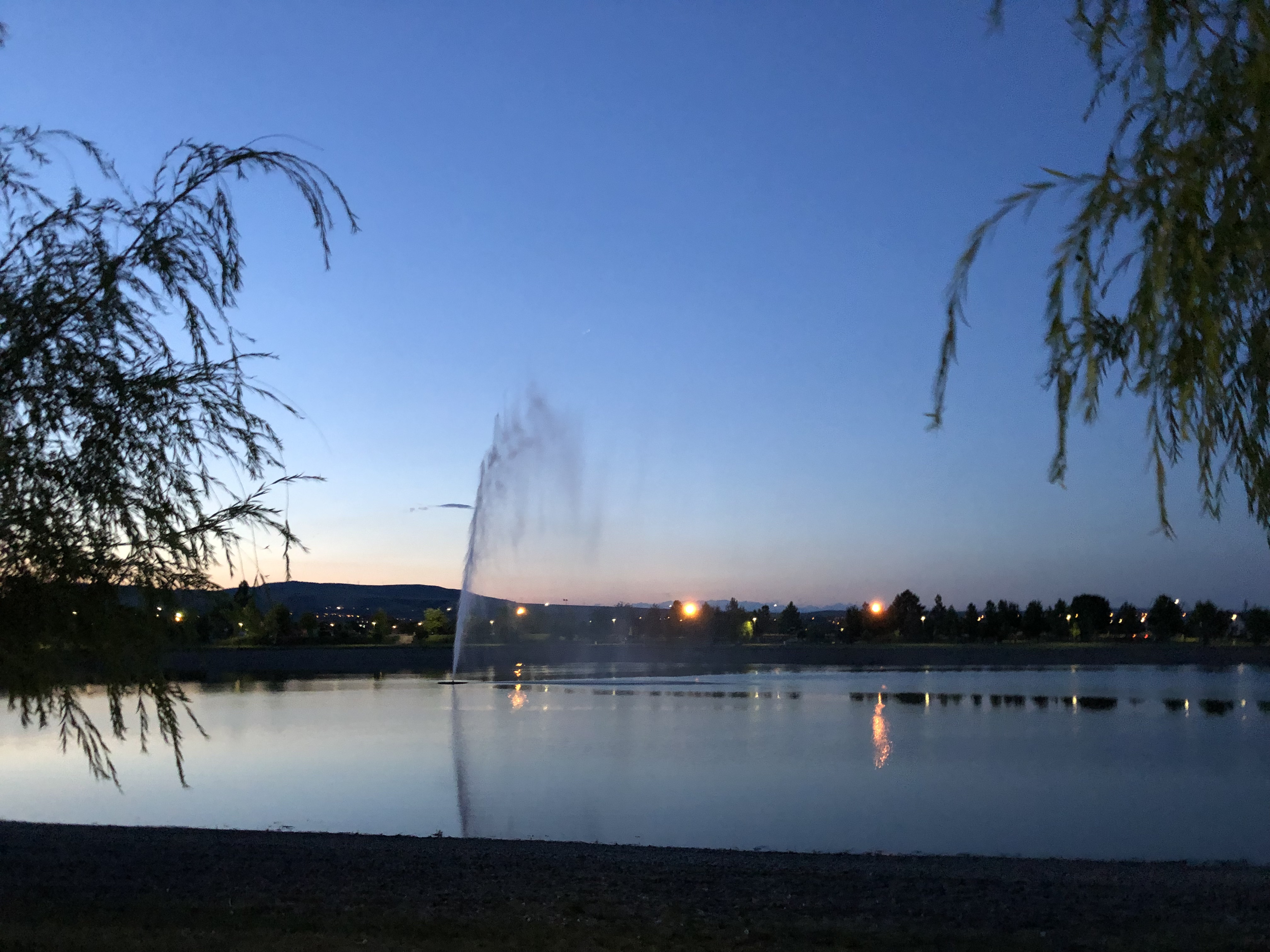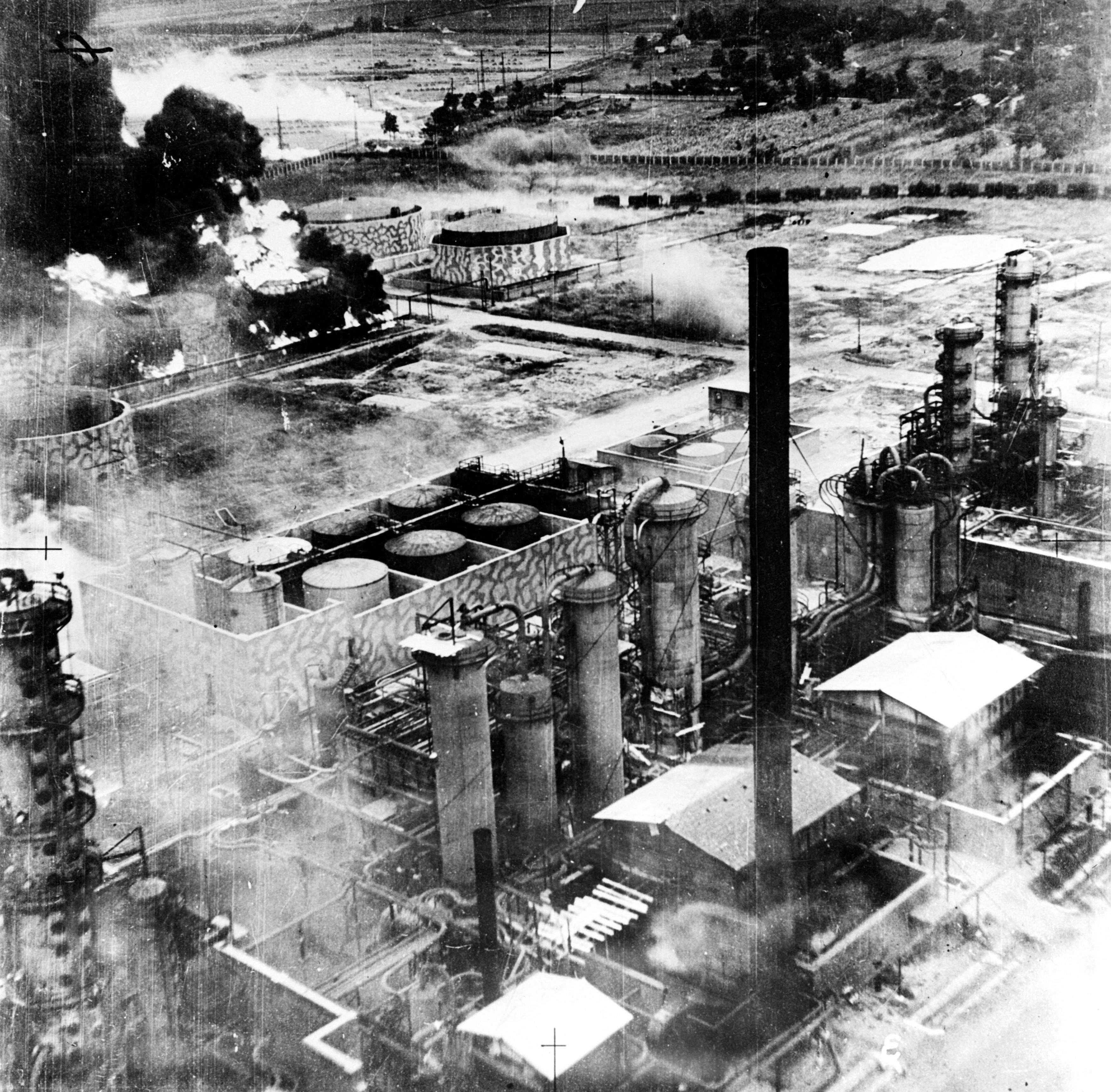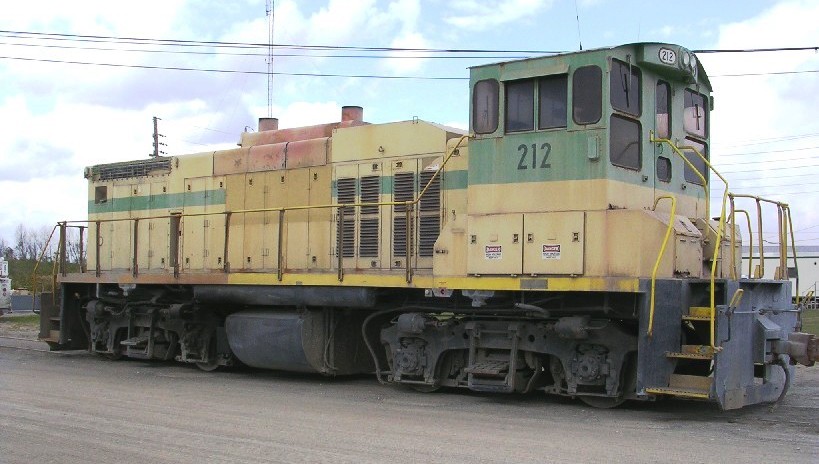|
Sip Canal
The Sip Canal ( sr, Сипски канал / Sipski kanal) was a ship canal on the Danube, in eastern Serbia. It was constructed as part of a massive international effort to make the navigation through the most dangerous sections of the Iron Gates gorge safer and easier. Open in 1896, with participation of three royal heads of state, the Sip Canal was flooded in 1969 when the artificial Đerdap Lake was formed after the dam of the Iron Gate I Hydroelectric Power Station on the Danube was built. In terms of navigation, it was the most important of all 7 canals cut through the gorge. Origin The Iron Gate gorge was notorious for the riverbed boulders and river rapids, which were hard to navigate through even for the most seasoned ferrymen. During the Ottoman rule, the ships were guided through by the local navigators who were familiar with the routes. They were called ''kalauz'' (from Turkish ''kalavuz'', meaning guide, travel leader). During the rule of prince Miloš Obrenović ... [...More Info...] [...Related Items...] OR: [Wikipedia] [Google] [Baidu] |
Kladovo
Kladovo ( sr-Cyrl, Кладово, ; ro, Cladova or ) is a town and municipality located in the Bor District of eastern Serbia. It is situated on the right bank of the Danube river. The population of the town is 8,913, while the population of the municipality is 20,635 (2011 census). Name In Serbian, the town is known as ''Kladovo'' (Кладово), in Romanian ''Cladova'', in German as ''Kladowo'' or ''Kladovo'' and in Latin and Romanised Greek as ''Zanes''. In the time of the Roman Empire, the name of the town was ''Zanes'' while the fortifications was known as ''Diana'' and ''Pontes'' (from Greek "sea" -''pontos'', or Roman "bridge" - ''pontem''). Emperor Trajan had a number of fortications constructed in the area during the Roman times, such as the well-known Trajan's Bridge (Pontes was built on the Serbian side, Theodora was built on the Romanian side). Later, Slavs founded a settlement that was named ''Novi Grad'' (Нови Град), while Ottomans built a fortress her ... [...More Info...] [...Related Items...] OR: [Wikipedia] [Google] [Baidu] |
Ada Kaleh
Ada Kaleh (; from tr, Adakale, meaning "Island Fortress"; hu, Újorsova or ; Serbian and Bulgarian: Адакале, ''Adakale'') was a small island on the Danube in what is modern Romania, that was submerged during the construction of the Iron Gates hydroelectric plant in 1970. The island was about downstream from Orșova and was less than two kilometers long and approximately half a kilometer wide (1.75 x 0.4–0.5 km), inhabited by Turkish Muslims from all parts of the Ottoman Empire, there were also family ties to the Turkish Muslim population of Vidin and Ruse, Bulgaria, due to exogamy marriages. The isle of Ada Kaleh is probably the most evocative victim of the Iron Gate dam's construction. Once an Ottoman Turkish exclave that changed hands multiple times in the 18th and 19th centuries, it had a mosque and numerous twisting alleys, and was known as a free port and a smuggler's nest. The islanders produced Turkish delight, Baklava, Lokum, Rose water, Fig and Ro ... [...More Info...] [...Related Items...] OR: [Wikipedia] [Google] [Baidu] |
April War
The invasion of Yugoslavia, also known as the April War or Operation 25, or ''Projekt 25'' was a German-led attack on the Kingdom of Yugoslavia by the Axis powers which began on 6 April 1941 during World War II. The order for the invasion was put forward in " Führer Directive No. 25", which Adolf Hitler issued on 27 March 1941, following a Yugoslav coup d'état that overthrew the pro-Axis government. The invasion commenced with an overwhelming air attack on Belgrade and facilities of the Royal Yugoslav Air Force (VVKJ) by the Luftwaffe (German Air Force) and attacks by German land forces from southwestern Bulgaria. These attacks were followed by German thrusts from Romania, Hungary and the Ostmark (modern-day Austria, then part of Germany). Italian forces were limited to air and artillery attacks until 11 April, when the Italian army attacked towards Ljubljana (in modern-day Slovenia) and through Istria and Lika and down the Dalmatian coast. On the same day, Hungarian force ... [...More Info...] [...Related Items...] OR: [Wikipedia] [Google] [Baidu] |
Brandenburgers
The Brandenburgers (german: Brandenburger) were members of the Brandenburg German special forces unit during World War II. Originally, the unit was formed by and operated as an extension of the military's intelligence organ, the '' Abwehr''. Members of this unit took part in seizing operationally important targets by way of sabotage and infiltration. Being foreign German nationals who were convinced Nazi volunteers, constituent members had lived abroad and were proficient in foreign languages as well as being familiar with the way of life in the area of operations where they were deployed. The Brandenburg Division was generally subordinated to the army groups in individual commands and operated throughout Eastern Europe, in northern Africa, Afghanistan, the Middle East and in the Caucasus. In the later course of the war, parts of the special unit were used in '' Bandenbekämpfung'' operations against partisans in Yugoslavia before the division was reclassified and merged int ... [...More Info...] [...Related Items...] OR: [Wikipedia] [Google] [Baidu] |
Ploiești
Ploiești ( , , ), formerly spelled Ploești, is a city and county seat in Prahova County, Romania. Part of the historical region of Muntenia, it is located north of Bucharest. The area of Ploiești is around , and it borders the Blejoi commune in the north, Bărcănești and Brazi communes in the south, Târgșoru Vechi commune in the west, and Bucov and Berceni communes in the east. According to the 2011 Romanian census, there were 201,226 people living within the city limits, making it the ninth most populous in the country. The city grew beginning with the 17th century on an estate bought by Michael the Brave from the local landlords, gradually taking the place of the nearby Wallachian fairs of Târgșor, Gherghița and Bucov. Its evolution was accelerated by heavy industrialisation, with the world's first systematic petroleum refinery being opened in 1856–1857. Following massive exploitation of the oil deposits in the area, Ploiești earned the nickname of "the Capi ... [...More Info...] [...Related Items...] OR: [Wikipedia] [Google] [Baidu] |
World War II
World War II or the Second World War, often abbreviated as WWII or WW2, was a world war that lasted from 1939 to 1945. It involved the vast majority of the world's countries—including all of the great powers—forming two opposing military alliances: the Allies and the Axis powers. World War II was a total war that directly involved more than 100 million personnel from more than 30 countries. The major participants in the war threw their entire economic, industrial, and scientific capabilities behind the war effort, blurring the distinction between civilian and military resources. Aircraft played a major role in the conflict, enabling the strategic bombing of population centres and deploying the only two nuclear weapons ever used in war. World War II was by far the deadliest conflict in human history; it resulted in 70 to 85 million fatalities, mostly among civilians. Tens of millions died due to genocides (including the Holocaust), starvation, massa ... [...More Info...] [...Related Items...] OR: [Wikipedia] [Google] [Baidu] |
Yugoslav Coup D'état
The Yugoslav coup d'état took place on 27 March 1941 in Belgrade, Kingdom of Yugoslavia, when the regency led by Prince Paul of Yugoslavia was overthrown and King Peter II fully assumed monarchical powers. The coup was planned and conducted by a group of pro-Western Serbian-nationalist Royal Yugoslav Army Air Force officers formally led by the Air Force commander, General Dušan Simović, who had been associated with several putsch plots from 1938 onwards. Brigadier General of Military Aviation Borivoje Mirković, Major Živan Knežević of the Yugoslav Royal Guards, and his brother Radoje Knežević were the main organisers in the overthrow of the government. In addition to Radoje Knežević, some other civilian leaders were probably aware of the takeover before it was launched and moved to support it once it occurred, but they were not among the organisers. Peter II himself was surprised by the coup, and heard of the declaration of his coming-of-age for the first time ... [...More Info...] [...Related Items...] OR: [Wikipedia] [Google] [Baidu] |
Switcher
A switcher, shunter, yard pilot, switch engine, yard goat, or shifter is a small railroad locomotive used for manoeuvring railroad cars inside a rail yard in a process known as ''switching'' (US) or ''shunting'' (UK). Switchers are not intended for moving trains over long distances but rather for assembling trains in order for another locomotive to take over. They do this in classification yards (Great Britain: ''marshalling yards''). Switchers may also make short transfer runs and even be the only motive power on branch lines and switching and terminal railroads. The term can also be used to describe the workers operating these engines or engaged in directing shunting operations. Switching locomotives may be purpose-built engines, but may also be downgraded main-line engines, or simply main-line engines assigned to switching. Switchers can also be used on short excursion train rides. The typical switcher is optimised for its job, being relatively low-powered but with a hi ... [...More Info...] [...Related Items...] OR: [Wikipedia] [Google] [Baidu] |
World War I
World War I (28 July 1914 11 November 1918), often abbreviated as WWI, was one of the deadliest global conflicts in history. Belligerents included much of Europe, the Russian Empire, the United States, and the Ottoman Empire, with fighting occurring throughout Europe, the Middle East, Africa, the Pacific, and parts of Asia. An estimated 9 million soldiers were killed in combat, plus another 23 million wounded, while 5 million civilians died as a result of military action, hunger, and disease. Millions more died in genocides within the Ottoman Empire and in the 1918 influenza pandemic, which was exacerbated by the movement of combatants during the war. Prior to 1914, the European great powers were divided between the Triple Entente (comprising France, Russia, and Britain) and the Triple Alliance (containing Germany, Austria-Hungary, and Italy). Tensions in the Balkans came to a head on 28 June 1914, following the assassination of Archduke Franz Ferdi ... [...More Info...] [...Related Items...] OR: [Wikipedia] [Google] [Baidu] |
Winch
A winch is a mechanical device that is used to pull in (wind up) or let out (wind out) or otherwise adjust the tension of a rope or wire rope (also called "cable" or "wire cable"). In its simplest form, it consists of a spool (or drum) attached to a hand crank. Traditionally, winches on ships accumulated wire or rope on the drum; those that do not accumulate, and instead pass on the wire/rope (see yacht photo above), are called capstans. Despite this, sailboat capstans are most often referred to as winches. Winches are the basis of such machines as tow trucks, steam shovels and elevators. More complex designs have gear assemblies and can be powered by electric, hydraulic, pneumatic or internal combustion drives. It might include a solenoid brake and/or a mechanical brake or ratchet and pawl which prevents it unwinding unless the pawl is retracted. The rope may be stored on the winch. When trimming a line on a sailboat, the crew member turns the winch handle with one ... [...More Info...] [...Related Items...] OR: [Wikipedia] [Google] [Baidu] |
Wolfgangsee
Lake Wolfgang (german: Wolfgangsee) is a lake in Austria that lies mostly within the state of Salzburg and is one of the best known lakes in the Salzkammergut resort region. The municipalities on its shore are Strobl, St. Gilgen with the villages of Abersee and Ried as well as the market town of St. Wolfgang in the state of Upper Austria. The town and the lake are named after Saint Wolfgang of Regensburg, who, according to legend, built the first church here in the late 10th century. Overview Lake Wolfgang stretches about 10.5 kilometres from the northwest to the southeast. It is divided into two parts by a peninsula, called ''die Enge'' (the Narrow), situated roughly in the middle of its southern shore opposite St. Wolfgang, where the breadth is no more than 200 metres. The western portion of the lake at St. Gilgen is known as the ''Abersee''. The lake has an area of about 12.9 to 13.1 km² and is surrounded by the Salzkammergut mountain range. On the northern side, t ... [...More Info...] [...Related Items...] OR: [Wikipedia] [Google] [Baidu] |








